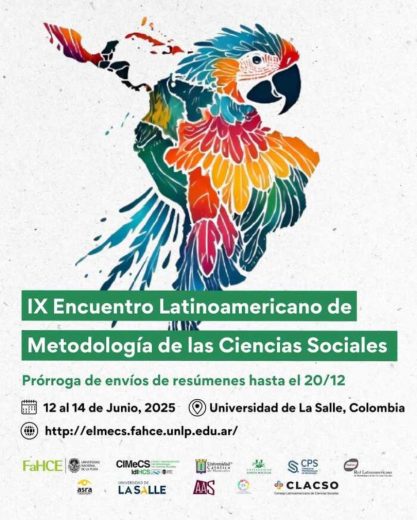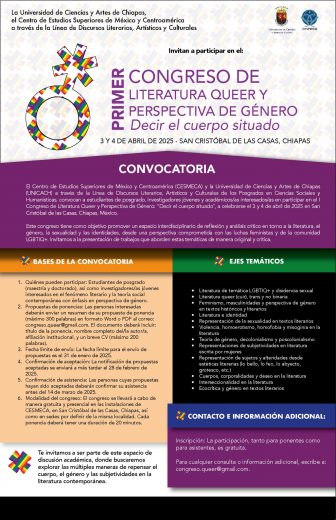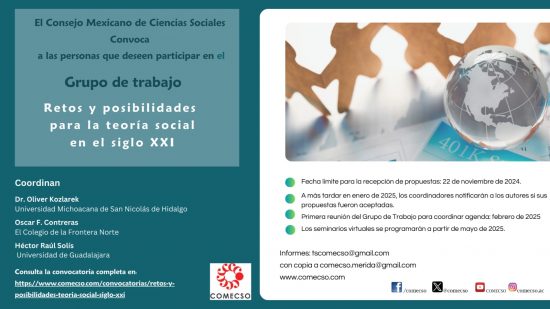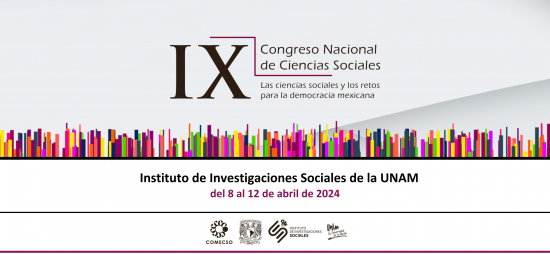The Many Faces of Populism: Perspectives from Critical Theory and Beyond
The Many Faces of Populism: Perspectives from Critical Theory and Beyond
Today, more than ever, it is easy to understand how populism has become such a contested word in contemporary politics. Despite its relatively short history (i.e. the term dates back to the late 19th century and the arrival of the populist People’s Party in the United States), the term follows a rather volatile trajectory in terms of its historical development and presence as a political practice. When we look at its political and moral impact, one can see that despite its often, strict national commitments and narratives, populism is rather a global political phenomenon. As embodiment of anti- establishment narratives, polarizing attitudes, and emancipatory appeal, we can follow its occurrence from Central and Eastern Europe (i.e. in the form of nationalist strong figures such as Victor Orban, Vladimir Putin, or the Law and Justice party in Poland), Latin America (i.e. the left-wing economic populists like Hugo Chávez and Nicolás Maduro), the USA and UK (i.e. in the form of white supremacist of Donald Trump and nationalism of Brexit supporters), the Middle East (i.e. religious conservativism and nationalism spearheaded with the figure of Tayip Erdogan in Turkey), all the way to China and India (i.e. the increasing authoritarianism of Xi Jinping and the Hindu nationalism of Narendra Modi).
The problem is that the term “populism” has become so broad, and that undifferentiated character of its proliferation in media leaves us with conflicting meaning, but rather strong sense of crisis on which this phenomenon ultimately thrives. Today, a populist may be an individual who is either on the right or the left side of the political spectrum, nationalist and/or nativist, xenophobe, Fascist, conservative, liberal, a person with anti-globalization sentiments or a justified revolt in the face of inequalities that present economic and political agenda engenders. Although the versatile nature of populism makes it relevant designator for the parties and leaders across the political spectrum, most of the time general public and media see it as an inherently far-right phenomenon that can be applied only to parties and leaders who fit the typical nationalist, xenophobic mold. For the most part, this is a consequence of the electoral success that far right populist establishments have gained in recent years (i.e. Donald Trump in the USA, Marine Le Pen in France, AfD – Alternative for Germany in Germany, Viktor Orbán’s ruling Fidesz in Hungary, etc.). Relatively few populist parties on the left can claim the same kind of momentum or media attention (e.g. Podemos in Spain and Syriza in Greece). Of course, geographically and ideologically, right-wing populism in Europe and the United States is not a uniform development with clearly defined characteristics. It takes different forms depending on specific factors such as historical tradition, institutions, overall general appeal, the nature of social crisis, and, of course, culture.
In this edited volume, which would help fill a gap in the existing literature on Critical Theory and populism, we would focus on the multiple dimensions of historical and contemporary contexts for today’s rising populist movements (e.g., political, moral, economic, ecological, cultural, identity, etc.), and their often – but not necessarily – hostile relations towards cosmopolitanism, globalization, environmentalism, and general notions of inclusion and justice. We encourage submissions of original research that critically explore populism in connection with different but related concepts/phenomena such as: nationalism, authoritarianism, democracy, socialism, etc. Our overall project revolves around
a) conceptualization, and (b) empirical critical analysis. We are especially interested in original contributions that discuss the following topics:
- How to conceptualize populism and other issues (e.g., nationalism, authoritarianism) together but without conflating the terms, and without homogenizing the great variety of ways in which populist movements differ from one another during the last few decades, and still do differ from one another nowadays?
- How to rigorously attend to the particularity of specific manifestations of populism, without eschewing the use of general theoretical frameworks to guide conceptualization and interpret findings?
- What would be the task of Critical Theory (in the tradition of the early Frankfurt School) in light of these concerns?
- How to integrate Critical Theory with other important critical paradigms, like the ecological one, decoloniality, postcolonialism, feminism, critical race theory, disability studies, poststructuralism/postmodernism, etc. – to understand populism in a variety of different ways (i.e. economy, culture, ecology, gender, race, )?
- Differences between “progressive” and “reactionary” populism
- Comparative analysis of populist movements
We are also interested in original contributions informed by Critical Theory and discussing topics such as (but not limited to):
- Populism as a political theology: What are its relations with religion? How does that impact image of other forms of spirituality (e.g. image of Islam in the Western, predominantly Christian, milieu?)
- Populism and National History/Tradition: What are some implications in harnessing national history to populist political causes?
- Populism in relation to affect and/or rationality
- Populism as Identity Politics?
- Polarization and the relation to the Other.
- Populism, Nationalism, and Ideology: How are these concepts interrelated? Is populism form of ideology? How can ideology critique and discourse analysis help us disclose contradictory nature of (far-right/authoritarian) populist narratives?
- Geographical specificity of populist movements. What are specific causes of the nature and aims of populist figures in different parts of the world?
- Populism and Democracy: What is the relation between populism and democracy? Are they mutually exclusive?
- Populism and Globalization: Are populism and globalization incompatible? Is there room for reconciliation?
- Populism and nationalism: Right wing populism and nationalism seem to share deep ties reflected in anti-immigrant, Islamophobic positions and alleged shift from free market towards “protection of the people” in face of vulnerabilities that globalization
- Populism and Media. What is the relationship between social-media and support for populism? What is the role of media outlets in sustaining appeal (or even increasing support for) of populist narratives and figures?
- Populism and Ecology. What is the relation between climate change skepticism and the populist political program and populist base? Why are populist parties often hostile to climate change policy?
Submission Details
All material should be submitted sending an e-mail to special issue’s editors:
dbyrd@olivetcollege.edu, minanov@mnu.edu, morelocj@bc.edu
(Dustin Byrd, Mlado Ivanovic, Jeremiah Morelock)
Please send a (.odt, .doc or .docx) file containing a long abstract (1,000 words max) and a title, prepared for blind review with all revealing references to the author removed. All personal information (name, affiliation, and contact) must be entailed in the body of the email. Deadline for abstract submission is September 30, 2020. Decisions will be made within a month, by October 31, 2020.
Upon notification of acceptance, you will be invited to submit the full paper (between 6,000 and 9,000 words including footnotes and references) by May 31, 2021. All contributions will be peer reviewed, and requests for revisions will be made by July 31, 2021. The final version of the paper will be due September 1, 2021.
Te puede interesar

Publicaciones del COMECSO
comecso - Dic 04, 2024Este espacio reúne la gran mayoría de la producción editorial de nuestra asociación. A lo largo de casi cinco décadas,…

IX Encuentro Latinoamericano de Metodología de las Ciencias Sociales
Laura Gutiérrez - Dic 11, 2024IX Encuentro Latinoamericano de Metodología de las Ciencias Sociales Indisciplinar las ciencias sociales. Transformaciones y resistencias en las fronteras metodológicas…

Primer Congreso de Literatura Queer y Perspectivas de Género: “Decir el cuerpo situado”
Laura Gutiérrez - Dic 11, 2024La Universidad de Ciencias y Artes de Chiapas, el Centro de Estudios Superiores de México y Centroamérica a través de…

Postdoctoral Research Fellowships
Laura Gutiérrez - Dic 11, 2024University of California Alianza MX Postdoctoral Research Fellowships 2025 Pilot Program Deadline: March 31, 2025 The University of California Alianza…












